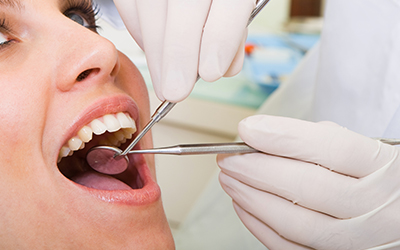Image Credit:
File ID 11099556 | © Hongqi Zhang (aka Michael Zhang) | Dreamstime.com

People develop their wisdom teeth, also called third molars, in their late teens or early twenties. These teeth often bring with them a mix of curiosity, discomfort, and, at times, anxiety.
Most people have four wisdom teeth – two on the lower jaw and two on the upper jaw. These usually emerge between the ages of 17 and 25, commonly called the “age of wisdom.”
While our ancestors relied heavily on these powerful molars to grind down tough plant materials, modern humans’ dietary habits have evolved. As a result, wisdom teeth are considered vestigial structures. Meaning: Teeth that have lost their original function over time.
The eruption of wisdom teeth can lead to various dental issues, primarily due to the limited space available in the jaw. Some common problems associated with these molars include:
Routine dental visits are essential for monitoring the development and positioning of wisdom teeth. Early detection of potential issues allows for timely intervention. Dentists often use X-rays to get a clear picture of the wisdom tooth’s position and their impact on surrounding structures. This helps in determining what action to take next.
In conclusion, understanding wisdom teeth and their potential impact on oral health is essential for individuals to avoid unnecessary discomfort and pain. Proactive management can help address issues associated with wisdom teeth, ensuring optimal oral health in the long run.
If you are experiencing discomfort or suspect issues with your wisdom teeth, search for an oral surgeon near me in Portsmouth. Coastal Periodontics is a periodontist near me and is equipped with state-of-the-art technology, ensuring a seamless and minimally invasive wisdom teeth extraction. To book your appointment, call us at 603-427-8383.